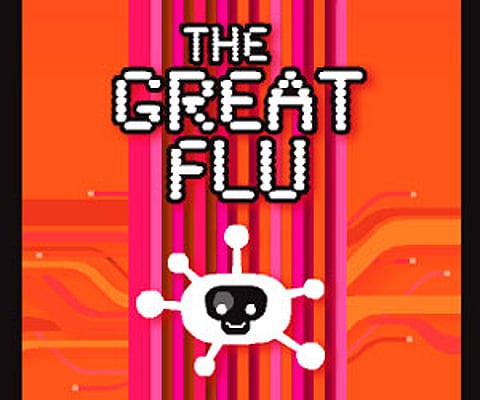

LONDON: Since swine flu first emerged in April, it has sparked panic, vaccine production and now, a video game. In an effort to further raise awareness, Dutch researchers have created a game that challenges players to control a new pandemic. "It is actually what is happening now, what is happening in the real world," said Albert Osterhaus, head of virology at the Erasmus Medical Center, who designed 'The Great Flu' game with colleagues.
The game can be played online at www.thegreatflu.com and it is free. The game begins with images of bedridden patients and graveyards from the 1918 Spanish flu. As the head of the fictitious "World Pandemic Control," players pick a flu strain, and then have to monitor that strain's spread around the world.
WHO has reported nearly 178,000 cases of swine flu including 1,462 deaths worldwide, though those numbers are believed to be a gross underestimate of the actual, since hard-hit countries no longer test all cases with flu-like symptoms. As the virus spreads worldwide, countries are trying different methods to slow it down and pharmaceutical companies are now racing to produce a swine flu vaccine.
In the game, to fight the emerging outbreak, players use measures including setting up surveillance systems, stockpiling antivirals and vaccines, and closing schools and airports. Players also have a limited budget and are warned that "your actions to control the virus cost money, so keep an eye on it."
Also, a running tally of the numbers of people infected and those who have died sit above the budget. Newspaper stories about the deadly virus and the global response to it - like riots breaking out worldwide - pop up to help players monitor the outbreak. Messages from governments mirror the difficulties faced by international agencies like WHO. For instance, when players set up costly surveillance systems, the game often relays a message from governments that "we will comply with your directions," but we must inform you that the political support for this action is low in this region. Therefore, the effectiveness of the system may differ from your expectations."
Osterhaus said the video game's approximation of combating a pandemic, choosing between various interventions yet still watching the outbreak spread, gives people a sense of how difficult it is to make decisions in the public health world.